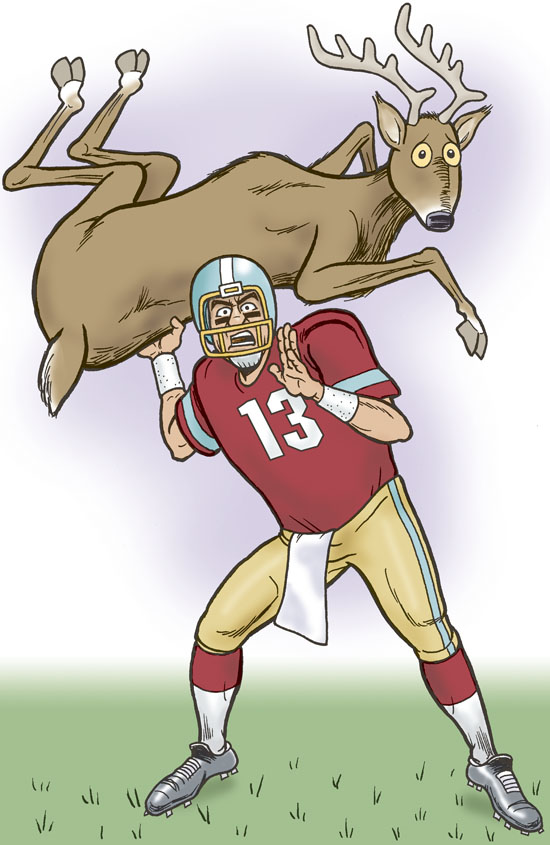OK. What is DPW in relation to this case? Is that PA's protective services?
Yes, the issues you're speaking of are governed by the "PA Child Protective Services Law" (i.e., code) and the Department of Public Welfare (now HHS - Health & Human Services) is the direct PA "Agency" referenced in the Law. The County-Level CYS Offices (Children & Youth Services Offices) also report to DPW (now HHS) and are referred to in the law as the "County-Level Agency Offices". The Second Mile had an "Agency Relationship" with DPW as defined under the code and was a major DPW subcontractor especially in regards to DPW's Adoption and Foster-Parenting "Placements" including doing "evaluations" on both sides of these Court-adjudicated Placements (i.e., evaluations of the adopting Parties and the child being Adopted or Foster-Parented).
Here is a link to the actual
PA Code (i.e., Legislation) and here is the excerpt that directly applied to TSM (who had a clear "Agency Relationship" with DPW under the law) regarding PSU's Report via Tim Curley:
§ 6362. Responsibilities of county agency for child protective services.
.....
(c) Action by agencies for abuse by agents or employees.--Where suspected child abuse has occurred and an employee or agent of the department or the county agency or a private or public institution is a subject of the report, the department, agency or institution shall be informed of the investigation so that it may take appropriate action.
TSM is also required to report under the Code as a "Mandatory Reporter":
Subchapter Heading. The heading of Subchapter B was amended December 16, 1994, P.L.1292, No.151, effective July 1, 1995.
§ 6311. Persons required to report suspected child abuse.
(a) Mandated reporters.--The following adults shall make a report of suspected child abuse, subject to subsection (b), if the person has reasonable cause to suspect that a child is a victim of child abuse:
(1) A person licensed or certified to practice in any health-related field under the jurisdiction of the Department of State.
(2) A medical examiner, coroner or funeral director.
(3) An employee of a health care facility or provider licensed by the Department of Health, who is engaged in the admission, examination, care or treatment of individuals.
(4) A school employee.
(5) An employee of a child-care service who has direct contact with children in the course of employment.
(6) A clergyman, priest, rabbi, minister, Christian Science practitioner, religious healer or spiritual leader of any regularly established church or other religious organization.
(7) An individual paid or unpaid, who, on the basis of the individual's role as an integral part of a regularly scheduled program, activity or service, is a person responsible for the child's welfare or has direct contact with children.
(8) An employee of a social services agency who has direct contact with children in the course of employment.
(9) A peace officer or law enforcement official.
(10) An emergency medical services provider certified by the Department of Health.
(11) An employee of a public library who has direct contact with children in the course of employment.
(12) An individual supervised or managed by a person listed under paragraphs (1), (2), (3), (4), (5), (6), (7), (8), (9), (10), (11) and (13), who has direct contact with children in the course of employment.
(13) An independent contractor.
(14) An attorney affiliated with an agency, institution, organization or other entity, including a school or regularly established religious organization that is responsible for the care, supervision, guidance or control of children.
(15) A foster parent.
(16) An adult family member who is a person responsible for the child's welfare and provides services to a child in a family living home, community home for individuals with an intellectual disability or host home for children which are subject to supervision or licensure by the department under Articles IX and X of the act of June 13, 1967 (P.L.31, No.21), known as the Public Welfare Code.
